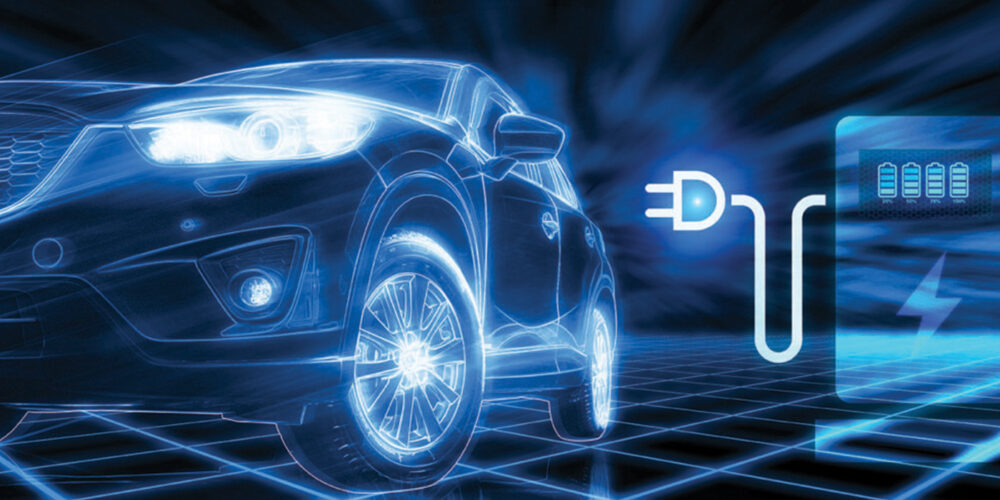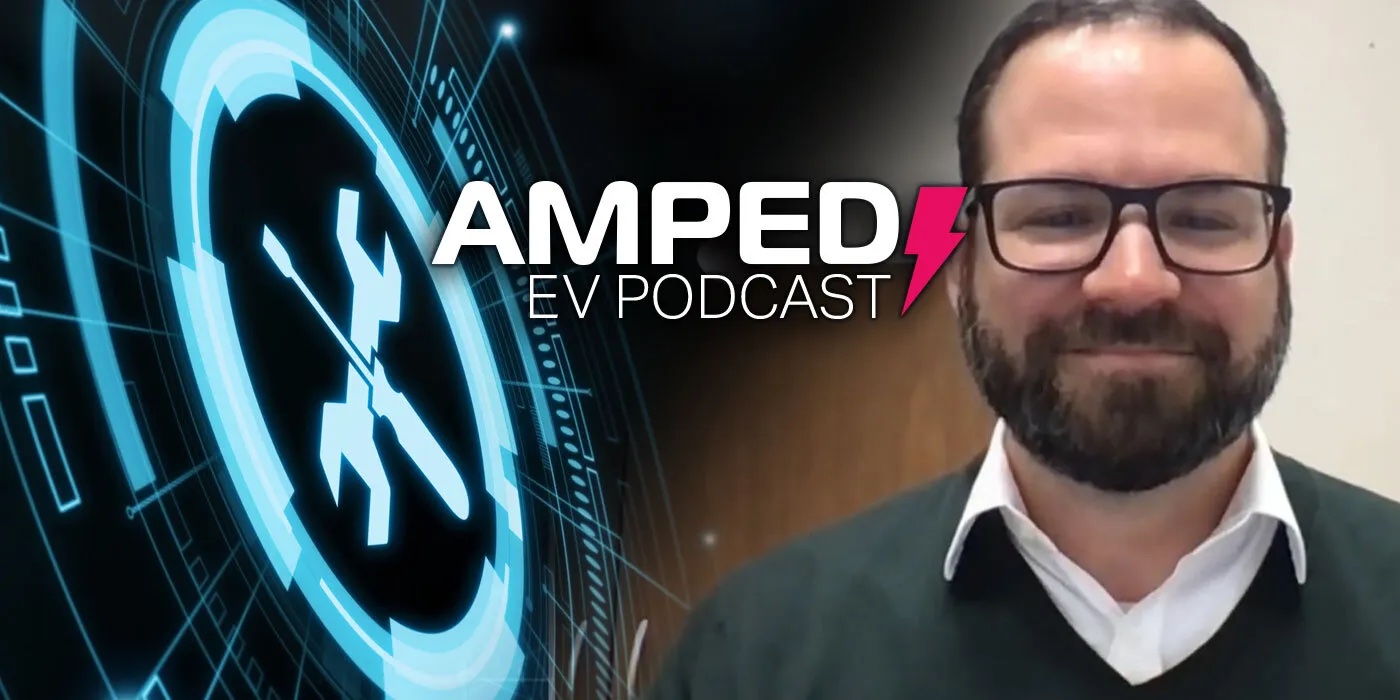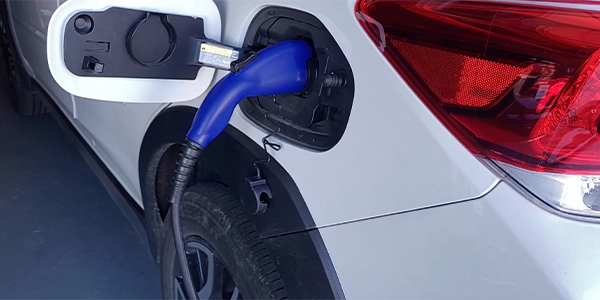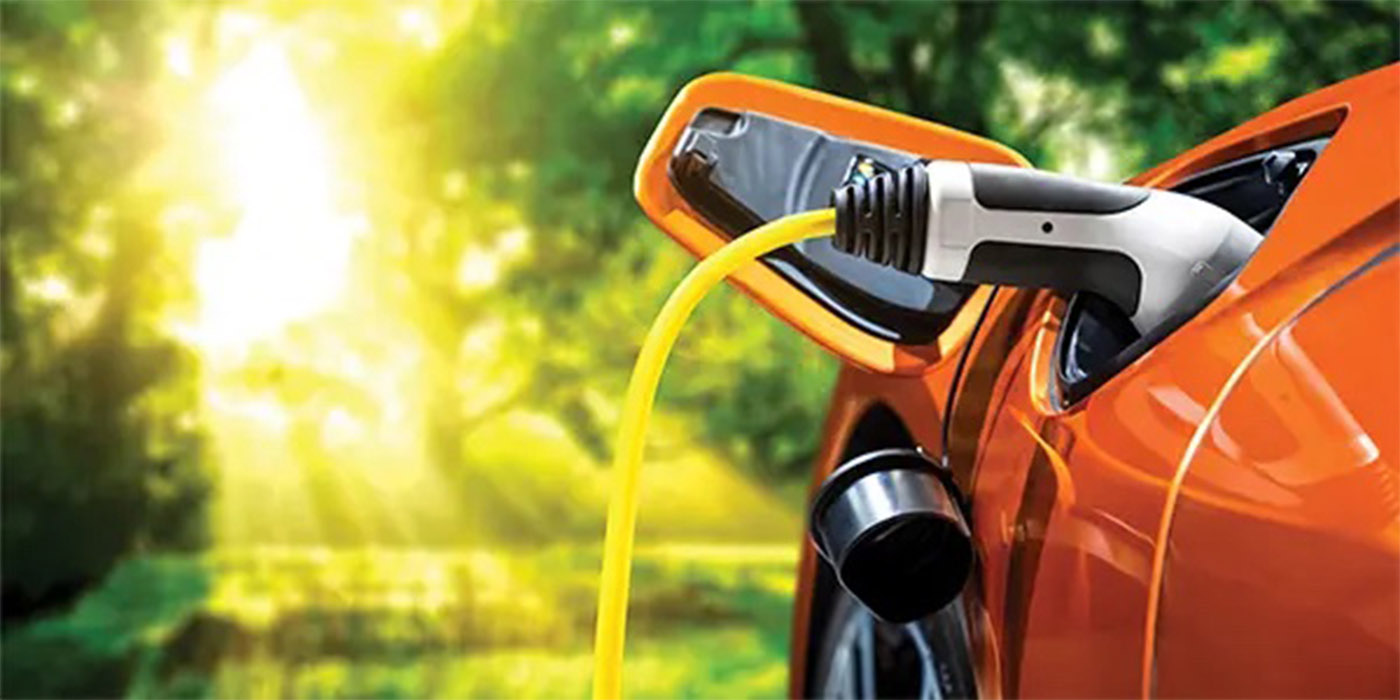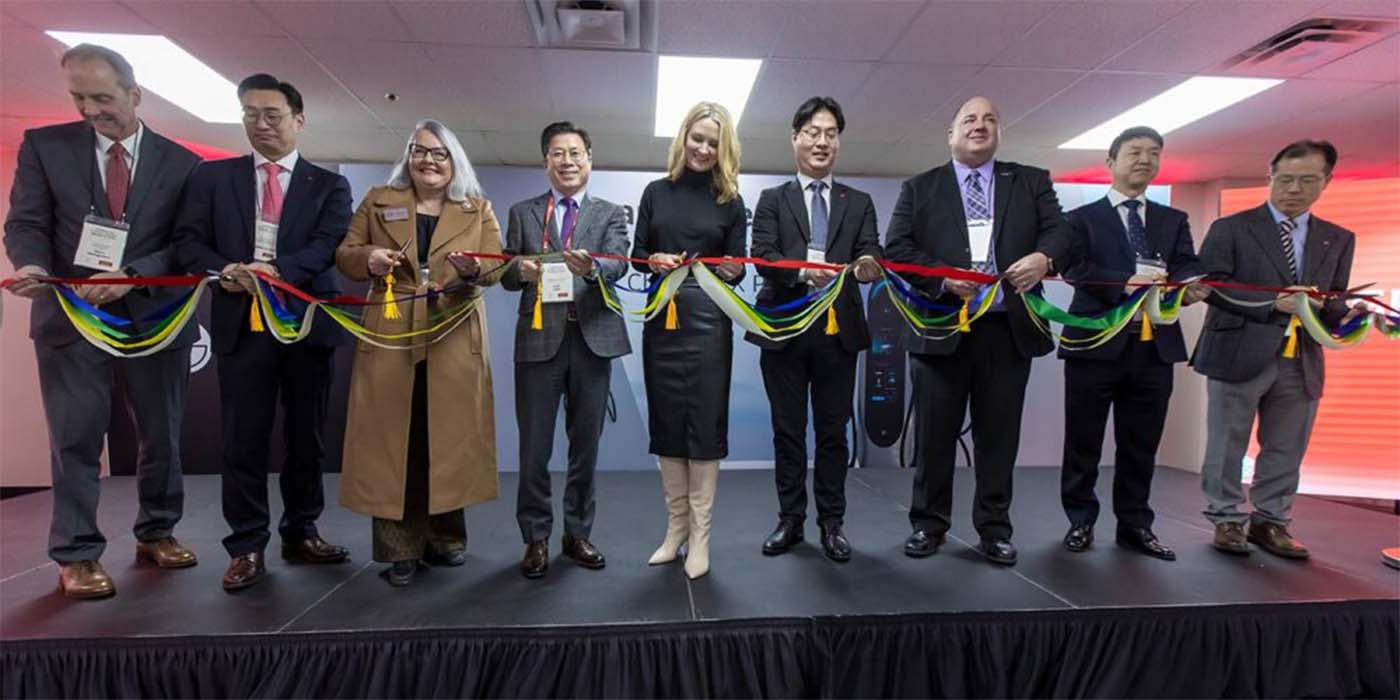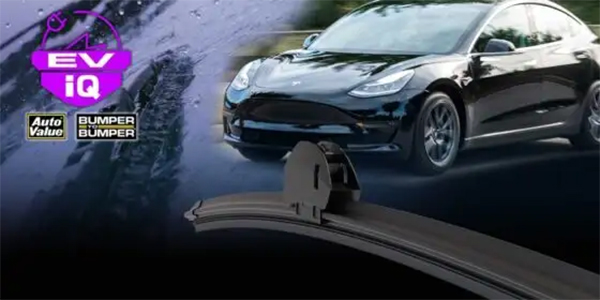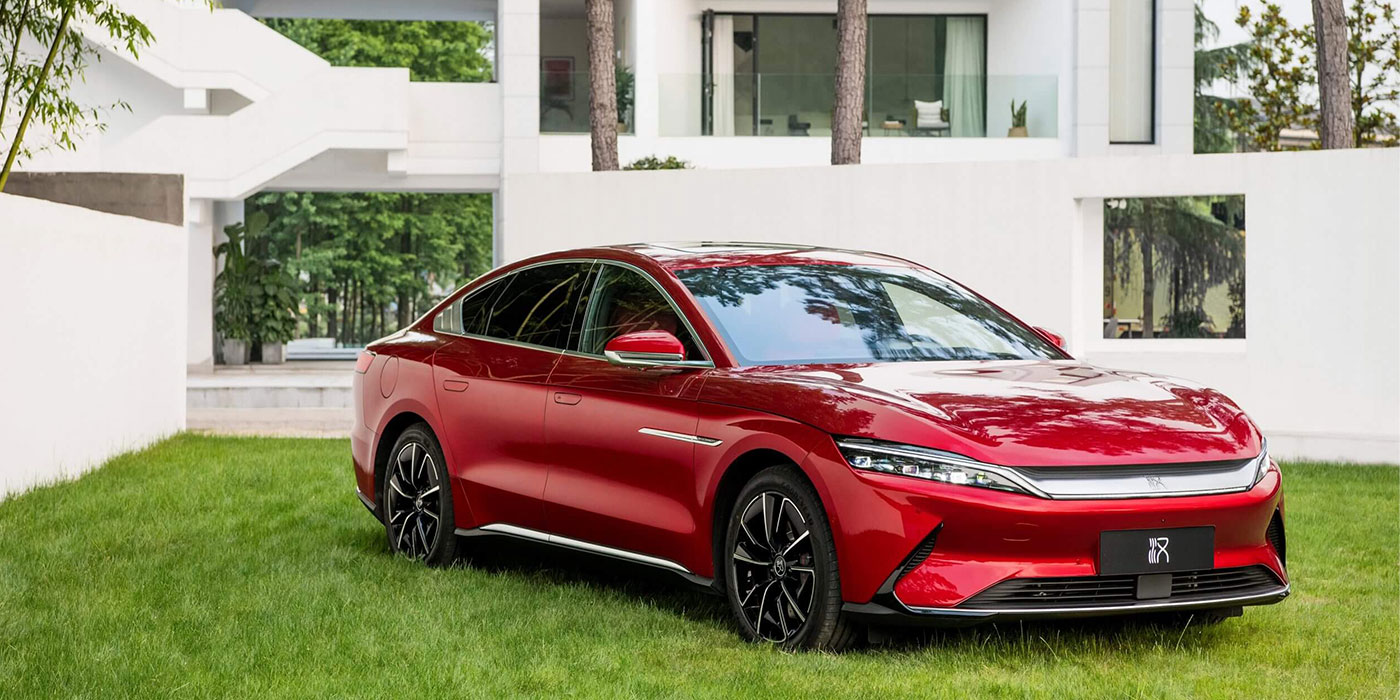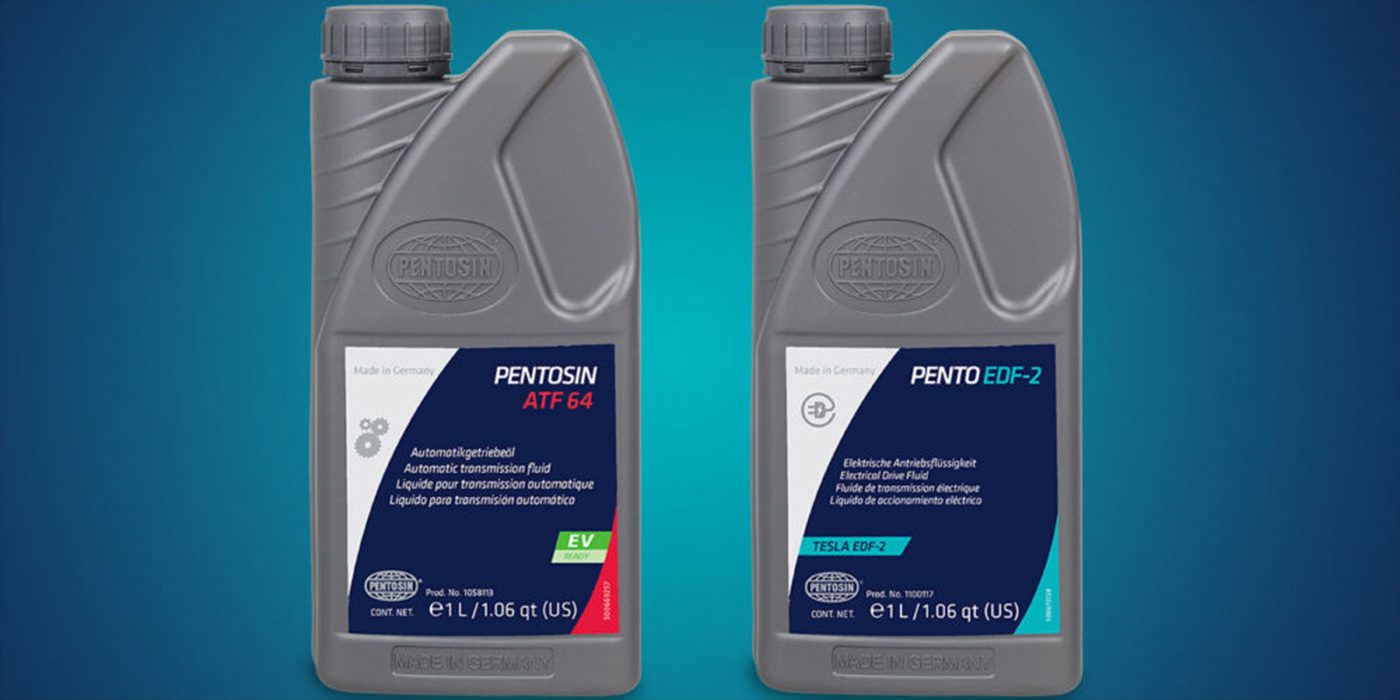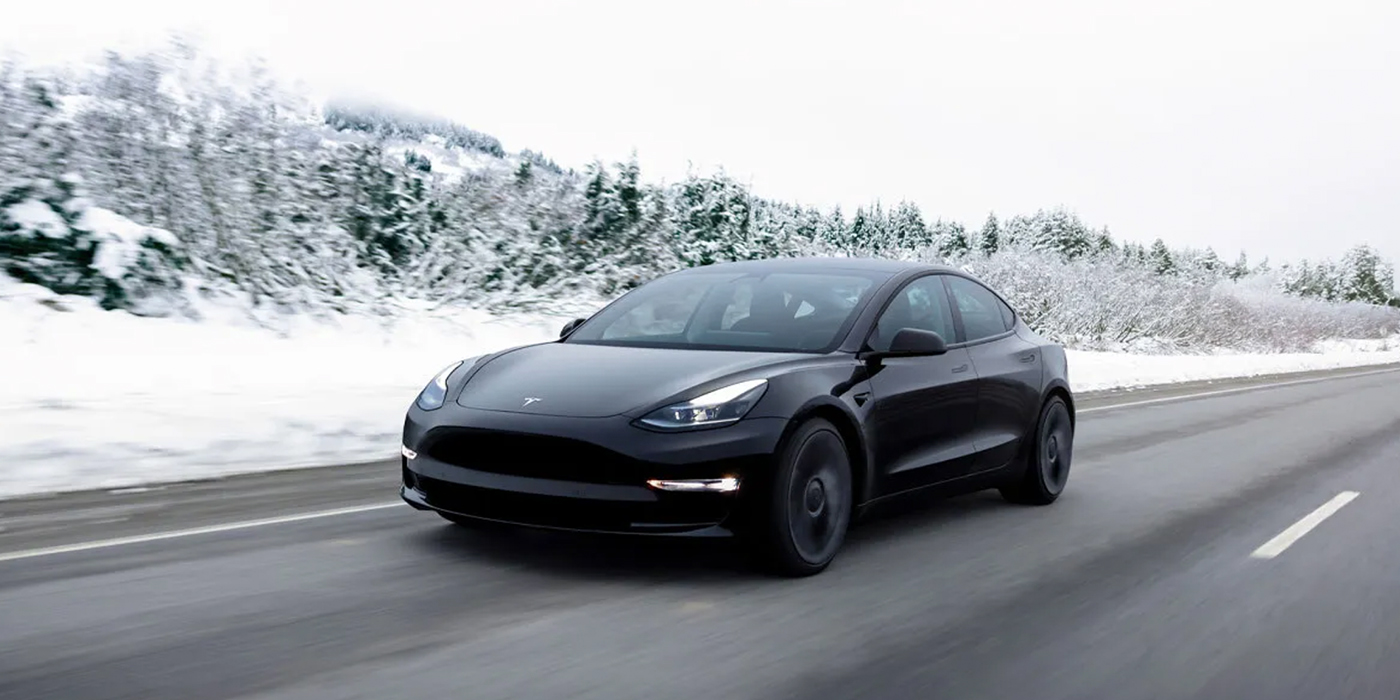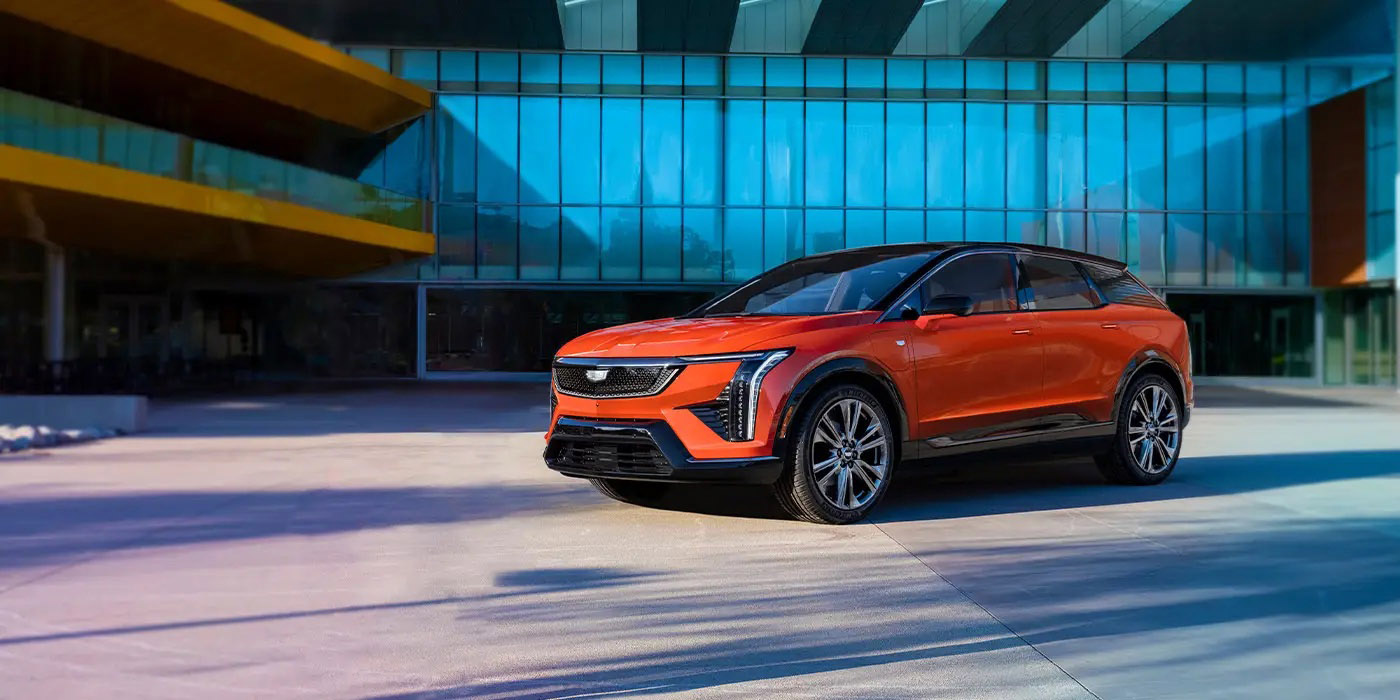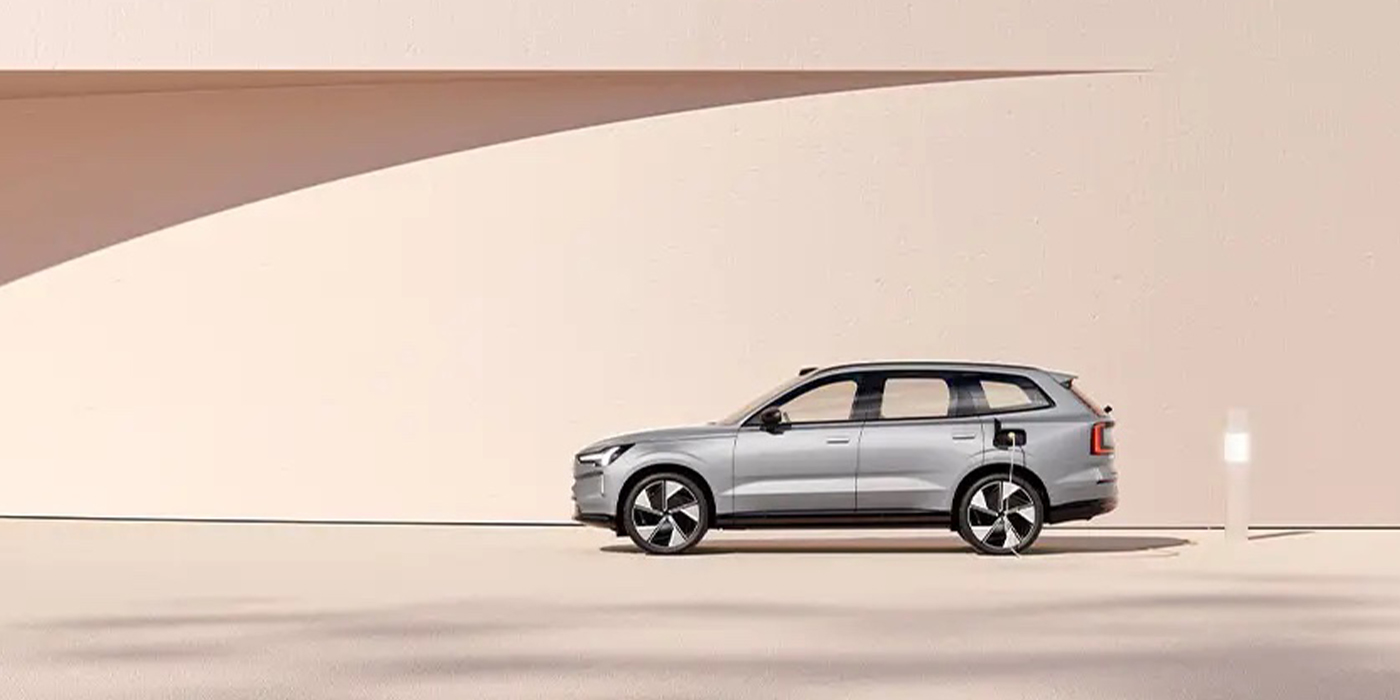J.D. Power, a global provider of data analytics and consumer intelligence, and Motorq, a connected vehicle analytics and infrastructure company, have announced a strategic alliance to provide the automotive industry with insights based on connected vehicle data. The first product from the alliance will measure real-world electric vehicle (EV) battery health. Using data provided by the vehicle itself, in close collaboration with the manufacturers, J.D. Power and Motorq will provide EV owners and potential buyers with an independent measurement of the health of that vehicle’s EV battery, compared with its stated health when new. Individual vehicles that achieve a pre-specified score will receive a J.D. Power validation that will give potential buyers confidence in the health of the EV battery.
“EV shoppers have concerns about range and battery longevity,” said Dave Sargent, vice president and head of connected vehicles at J.D. Power. “For used EVs, the range can be affected by a number of factors including how the vehicle has been driven and charged, and the temperature where it is being operated. By measuring the precise state of health of an individual EV battery over time, J.D. Power and Motorq will provide transparency into an area where it is difficult for the consumer to make their own assessment. This information will give used EV shoppers greater confidence that they are buying a high-quality vehicle at a fair price.”
“The most useful way of measuring the health of an EV battery is to see how it performs in the real world,” said Arun Rajagopalan, co-founder and CEO of Motorq. “We have developed a capability that leverages thousands of data points a day from each vehicle, takes account of different operating conditions and provides a normalized assessment of the true health of each individual vehicle’s battery.”
J.D. Power and Motorq will use thousands of measurements taken from the vehicle over time to assess how an individual EV battery is performing. The two companies are in active discussions with vehicle manufacturers and other industry participants to bring empirical EV battery health to the marketplace.

